Diversity Conference for ‘Equity & Inclusion’ celebrates differences, fosters community
Photo credit: Gracie Marx
Sophia Stevens ’21 and Saskia Wong-Smith ’18 listen as speaker Heather Russo highlights important details about eating disorders and healthy relationships with food. Russo works for the Renfrew Center, the nation’s first residential eating disorder treatment facility.
Immigration, storytelling and the French language were just a few of the wide range of topics discussed at this year’s Diversity Conference for Equity and Inclusion.
The theme of this year’s annual symposium was “Windows and Mirrors,” which was inspired by an article written by Emily Style for the National Seed Project curriculum.
According to Style, “Windows and Mirrors” represents the idea that there are different ways to see the world. The mirrors imply looking at the world from your own perspective, while the windows convey the idea of looking at the world through different perspectives.
The conference’s new diversity coordinators and Archer teachers, Jolina Clement and Andrea Locke, emphasized their excitement about this year’s conference.
“I wish I could [have gone] to every single seminar and that the day was ten times longer,” Clement said. “It was so exciting to see our students shine and to see what we had to say as a community.”
Locke echoed Clement’s sentiments and also expressed specific goals she had for her first year being a part of the organizing committee. Locke said she hopes that the conversations do not end after diversity day, but continue to create an open dialogue between students and faculty.

“Some teachers are even including more diversity in their curriculum, which is exciting,” Locke said.
For both the middle and upper school, the conference began with opening remarks from the Diversity Club Executive Board — as well as from Dean of Students Jenn Babin, Locke and Clement.
As noted in the Executive Board’s Powerpoint presentation, some of the goals for the day were “to learn about and celebrate our commonalities and differences, to give students a voice to express identity and to take concrete actions to embrace diversity and foster justice.”
Their welcome was followed by a keynote from Youlonda Copeland-Morgan, who serves as Vice Provost for Enrollment Management at UCLA. In her speech, Copeland-Morgan shared her story of being the first person in her family to go to college and her experiences with classism, sexism and racism as an African-American woman.
Click on the video to the right to watch Copeland-Morgan’s keynote speech.
Then, upper school students screened the 2018 documentary “Dolores,” which chronicles the life of social activist Dolores Huerta, who rejected 1950’s gender and race expectations to establish the United Farm Workers Union, alongside Cesar Chavez.
“The documentary really opened my eyes in terms of recognizing my own internal biases,” Lucia Barker ’18 said. “I also enjoyed seeing how Dolores incorporated feminism, environmentalism and human rights into her movement.”
After the documentary, another keynote speaker, Jason David, expressed his views on white privilege and how to actively combat racism in American society. David is the founder of AWARE-LA, the Alliance of White Anti-Racists Everywhere- Los Angeles.
After David spoke, students had the opportunity to attend two different seminars.
Sarah Newman ’18, who organized a presentation on eating disorders, led by Heather Russo of The Renfrew Center, felt optimistic that the discussion had a genuine impact on students.
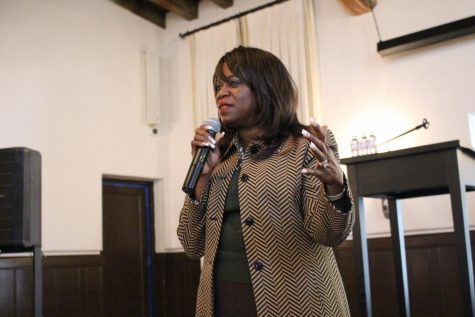
Youlanda Copeland-Morgan speaks to the upper school during Diversity Day. She was one of two keynote speakers.
“My hope was for Archer students to see how many different types of eating disorders exist. Often, we tend to immediately think of anorexia or bulimia, but there are so many others,” Newman said. “I think the presentation allowed people to be exposed to new ideas they hadn’t thought of before.”
Finally, the day wrapped up with grade-level counsel sessions, which provided time for students to contemplate their experiences at the conference.
“This year’s conference was extremely informative,” Helena Laan ’18 said. “Hearing the unique perspectives of my peers, the student presenters and the outside speakers was inspiring.”
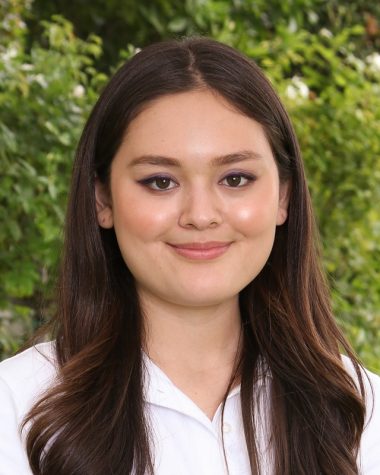
Alexandra Chang joined The Oracle as a contributing writer in 2014 and became the Culture Editor in 2016. She was then promoted to Managing Editor as a...
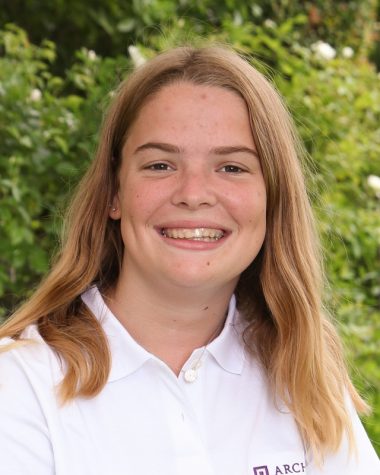
Gracie Marx is excited to be a new staff member for the Oracle. She played varsity basketball for two years and hopes to continue this year after missing...
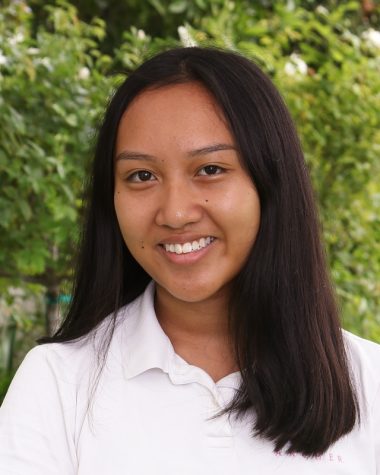
Cat Oriel joined the Oracle staff as a contributing writer in 2015, was promoted to Voices Editor in 2017 and is now the News and Features Editor. She...



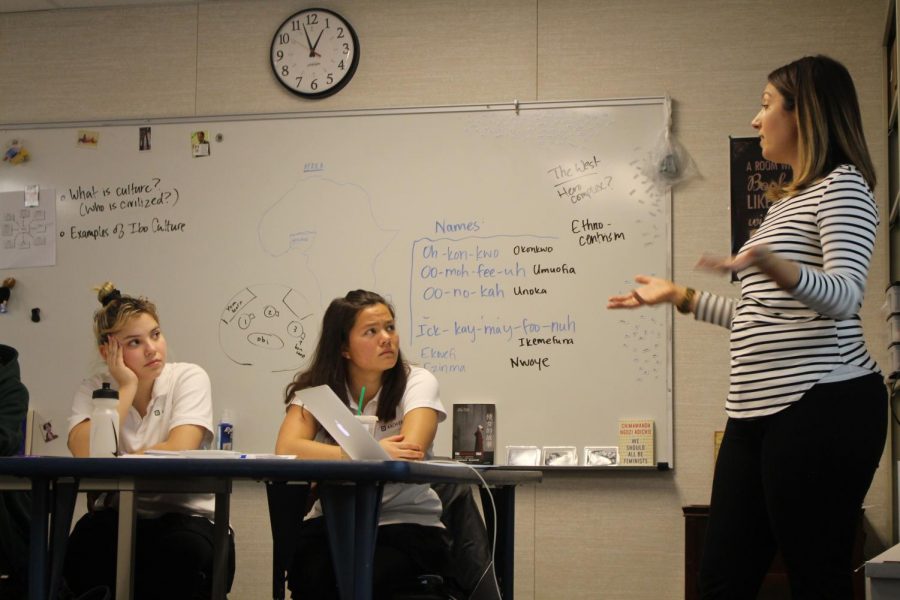
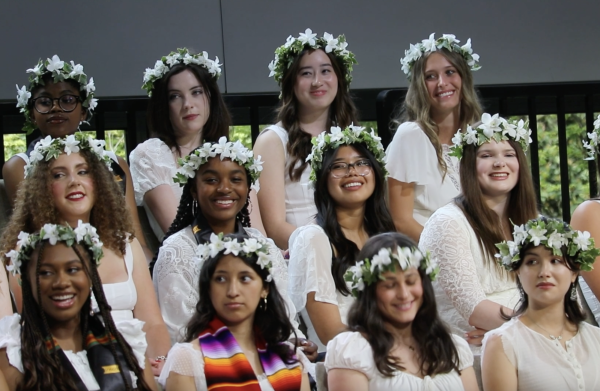

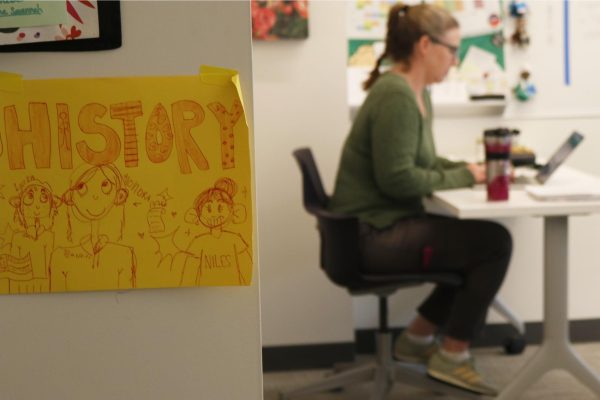
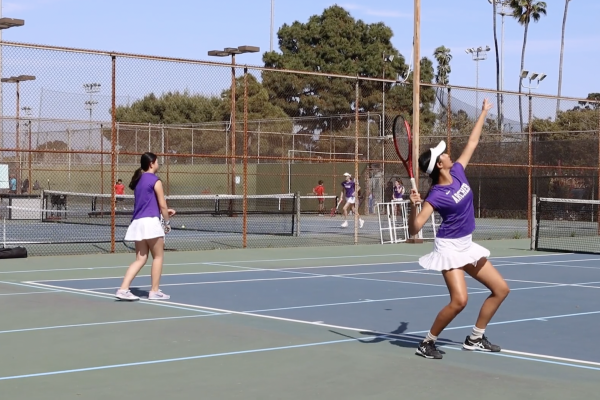

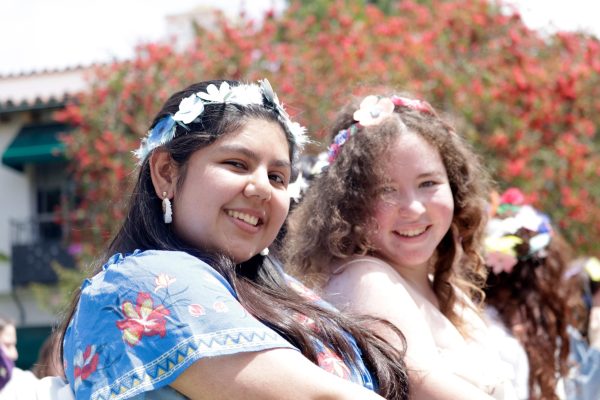
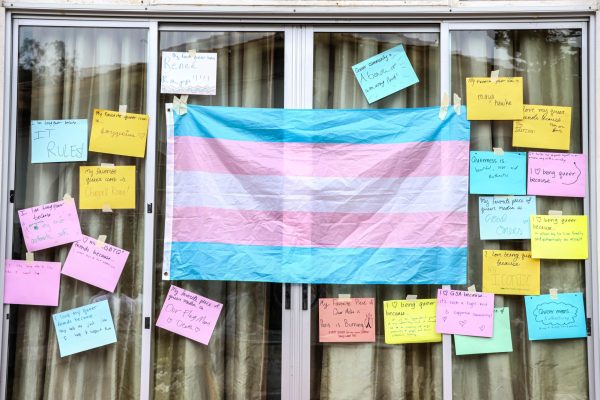
![Seniors laugh as they shoot water across the courtyard, during the annual fountain jump. I [the fountain jump] is really the culmination of your Archer experience, senior Ella Gray said. Especially because youre always around the fountain, at some point, and now you get to be in it.](https://archeroracle.org/wp-content/uploads/2024/05/MG_0817-1-600x400.jpg)
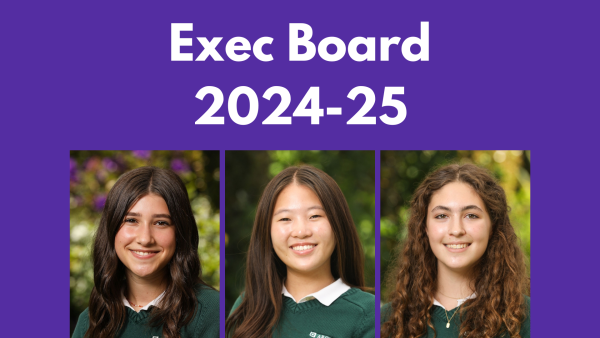

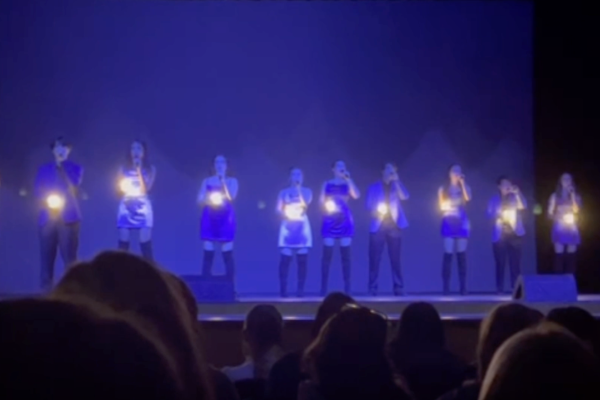

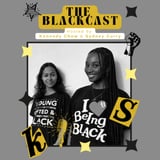

Jael Ellman • Jan 31, 2018 at 8:27 pm
Very interesting